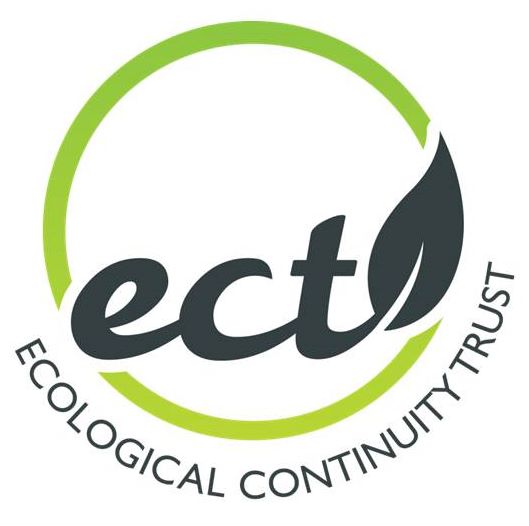prof jonathan silvertown
bes 2018 conference, Birmingham - thematic session
bes 2018 conference, Birmingham - keynote speaker prof bridget emmett
BES supports ect
the eff has supported ect
the buxton climate change impacts laboratory (Bccil)
the raindrop climate change experiment at wytham, oxfordshire
ECT recently marked its tenth anniversary with a thematic session celebrating long-term ecological experiments at the BES conference in Birmingham. The session was introduced and chaired by one of ECT’s ‘founding fathers’ Jonathan Silvertown, who tells us here where ECT came from and what it has achieved so far.
It's a well-recognised fact, as applicable in ecology as in the rest of life, that timing is everything. The Ancient Greeks recognised two properties of time: chronos – meaning the passage of time, and kairos – referring to timeliness. The ECT is about capturing the ecological consequences of both, but with the passing of the 10th anniversary of the ECT, it’s maybe worth musing on the timeliness of events for the existence of the charity itself.
Chronos is as predictable as the ticking of a clock, but forecasting the moment of kairos when the stars align and bells chime is not so easy. The best strategy is to be wise after the event. Looking back, the key moment of kairos when the ECT was conceived was a lunchtime on Thursday 9th September 2004. The place was the University of Exeter and the occasion was the annual meeting of the British Association for the Advancement of Science, where I and some others had been invited to speak in a symposium called The Long View. I recall that beer was involved and that the conversation over lunch turned to what we might do to safeguard the long-term experiments that give ecologists 20:20 hindsight. We felt that what was needed was an organisation that would be dedicated to this purpose. On the train home, I wrote up some notes and came up with the name Ecological Continuity Trust. It's a mouthful, I know, but being literally minded I like names that tell you what is in the tin. (This preference still causes me problems – but that’s another story).
It was to be another four years before the idea conceived at a picnic table in Exeter became a registered Charity, but in the meantime we managed to convince the then President of the British Ecological Society (BES) that £10,000 was a fair price to pay for us to go away and stop bothering him. That investment enabled us to create a community of scientists who turned what might have been a dead duck into something with operational wings. The Esmée Fairbairn Foundation (EFF) was intrigued enough by this bunch of mad ecologists planning for the next 150 years to give us £40,000 to prove that the ECT concept could fly – and we did. There followed a much bigger grant from EFF that enabled us to register the charity and to employ an Executive Director. We were lucky enough to catch Victoria Cadman (no longer Director, but now a Trustee) for this role and then our luck ran out. After a four-year gestation, the ECT was born into the financial crash of 2008. Our dreams of cash cascading in from philanthropic sources began to look like just that – dreams.
But, thanks to EFF, the further support of the BES and private donors, we are still here and now thriving under the energetic command of our current Director, Ben Sykes. When we cut the ECT’s 10th anniversary birthday cake at the BES meeting in Birmingham last December, we were able to celebrate two achievements that we had anticipated as priorities back in 2008. We were able to help save the Buxton Climate Change experiment from closure and manage the transition to a new generation of principal investigators. This was a big tick for the ecological continuity of the longest-running climate change experiment in Europe. Our other milestone achievement is the foundation of RainDrop, a new long-term climate experiment at Wytham. A quick look around the ECT website will show you how far the charity has come and how important and unique our work is. Please consider supporting us.
Additional Information
To help mark ECT’s 10th anniversary, the BES family of journals published a virtual issue in November 2018 titled Long-term experiments forever! - Unique challenges and opportunities.










